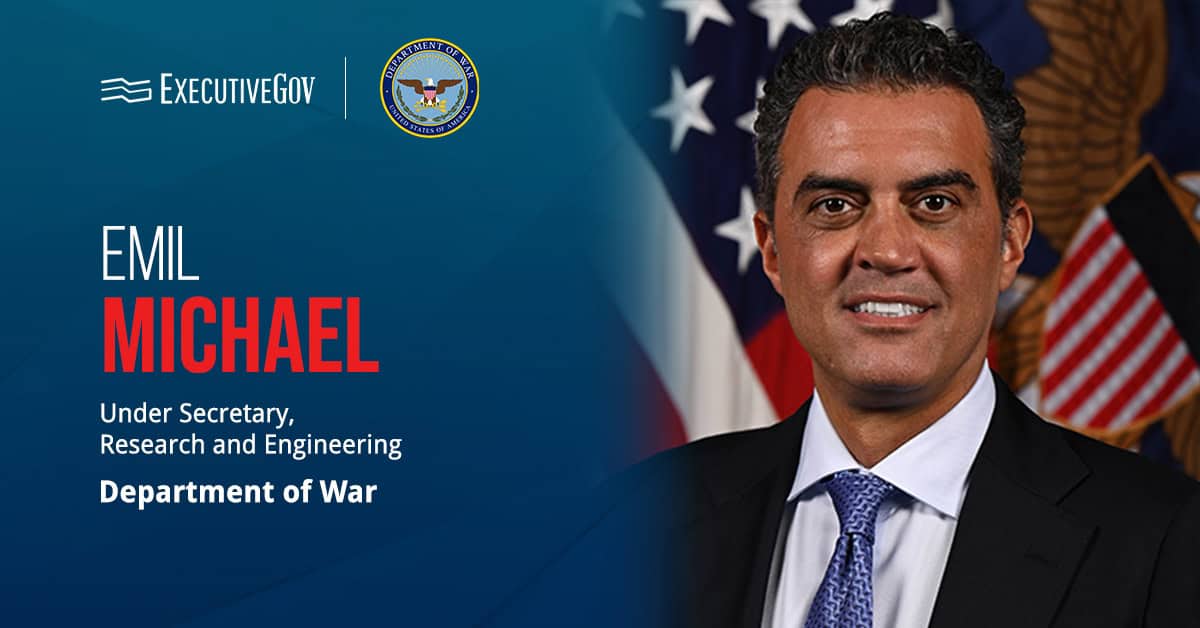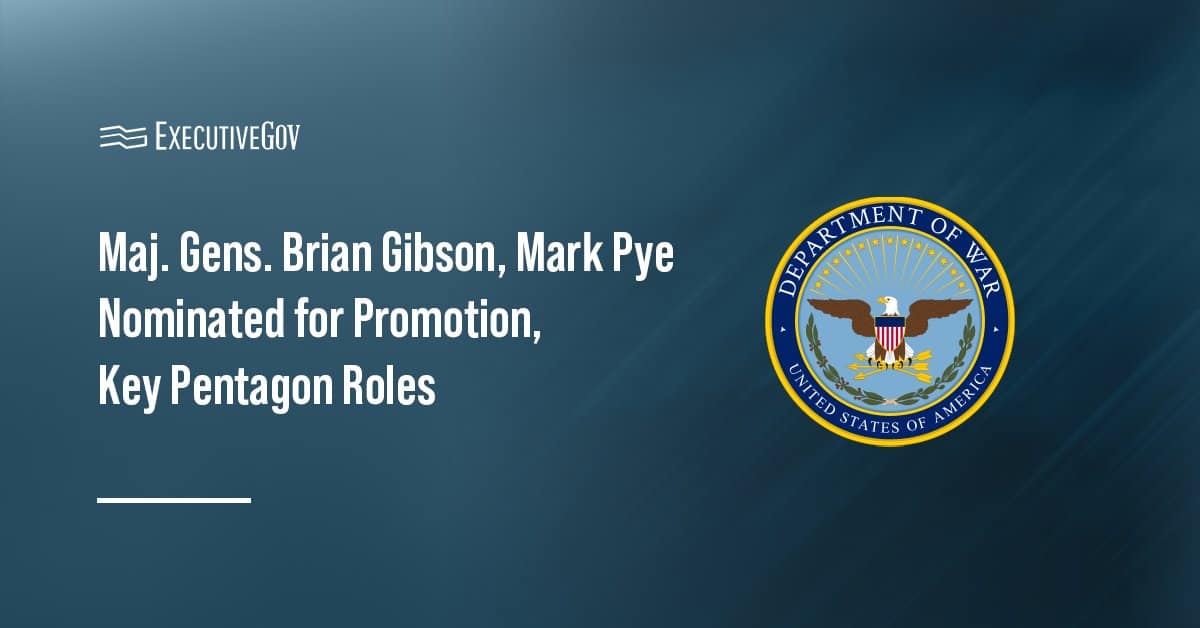The National Institute of Standards and Technology has released guidance on removing identifiers from government datasets to limit disclosure risks to specific individuals.
NIST Special Publication 800-188 aims to guide government agencies in using de-identification tools, techniques and processes to reduce privacy risks associated with collecting and publishing government data, the agency said Thursday.
Authored by experts from NIST and the U.S. Census Bureau, the guidance outlines practices for traditional de-identification approaches and formal privacy methods. The guidance also addresses other methods for making government datasets with sensitive information available to researchers and the public.
NIST recommends that agencies evaluate their goals and assess the potential privacy risks posed by releasing de-identified data before using de-identification techniques.





